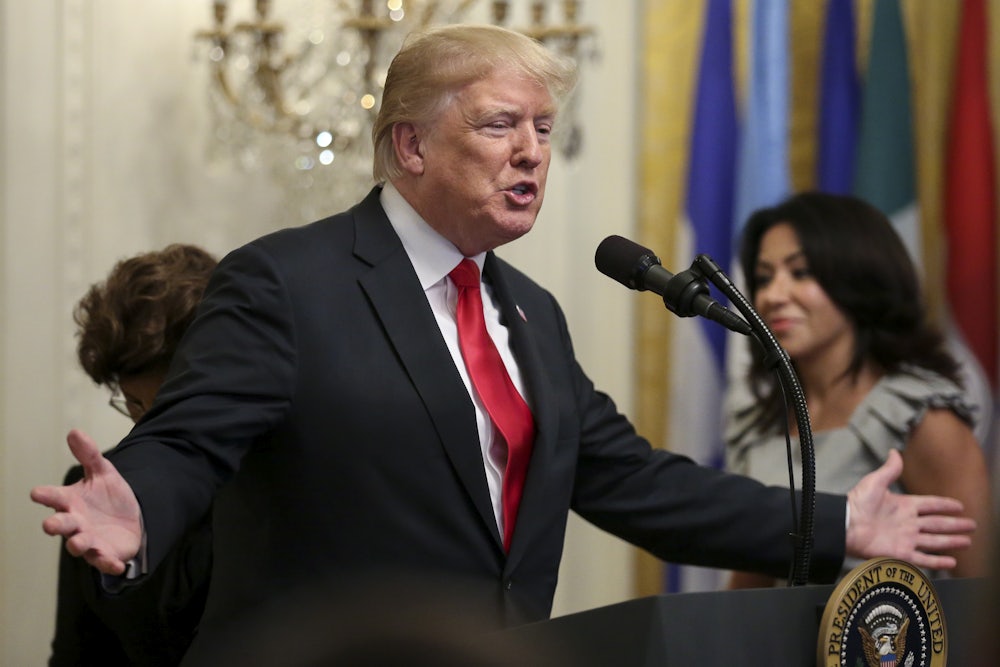The White House announced on Monday night that it would declassify portions of a foreign-surveillance warrant application targeting former Trump aide Carter Page as well as FBI reports of interviews with Justice Department official Bruce Ohr. That FISA application relied partly on the Steele dossier, which contains damaging allegations about Trump, and Ohr had contacts with Christopher Steele before the election.
The White House also ordered the release of text messages related to the Russia investigation from government cell phones used by Ohr and four other ex-DOJ officials with various connections to the Russia investigation: former FBI Director James Comey, former deputy director Andrew McCabe, and former FBI officials Peter Strzok and Lisa Page.
Just in, an extraordinary statement from the White House: pic.twitter.com/bP2frd4HLn
— Philip Crowther (@PhilipinDC) September 17, 2018
White House Press Secretary Sarah Huckabee Sanders said the materials were released “at the request of a number of committees of Congress, and for reasons of transparency.” A group of House Republicans led by Intelligence Committee chair Devin Nunes had previously requested the records from the White House as part of their longstanding effort to uncover purported surveillance abuses against the Trump campaign in 2016. Past efforts by Nunes and his associates to discredit the Russia investigation have not lived up to their hype.
The decision is a subtle but momentous step for Trump, effectively harnessing the presidency’s national-security powers for his own political advantage. It comes days after Paul Manafort, his former campaign chairman, pleaded guilty to multiple federal charges and agreed to cooperate with special counsel Robert Mueller in the Russia investigation. Trump praised Manafort last month for not cooperating with federal prosecutors and floated the prospect of pardoning him after the investigation wraps up—with the implicit condition that he not assist it.
It’s unclear how and when the documents will be made public or whether the intelligence community will be able to redact personally identifying information from them. California Representative Adam Schiff, the House Intelligence Committee’s ranking Democratic member, wrote on Twitter that DOJ and FBI officials “have previously informed me that release of some of this information would cross a ‘red line.’”
